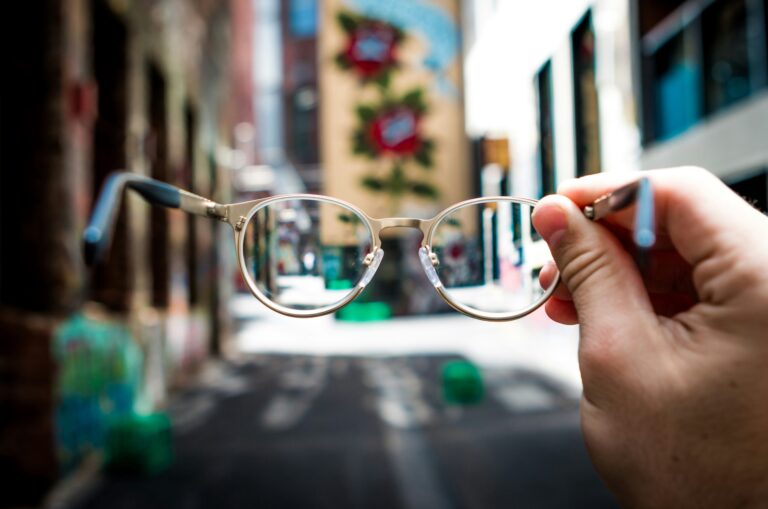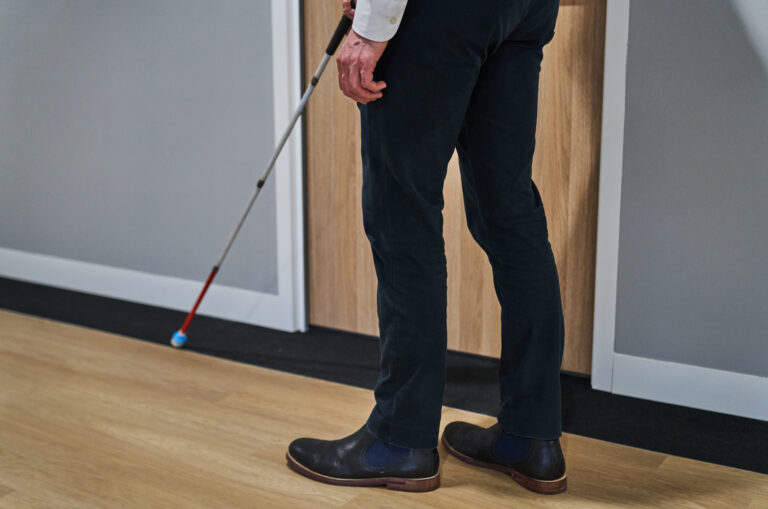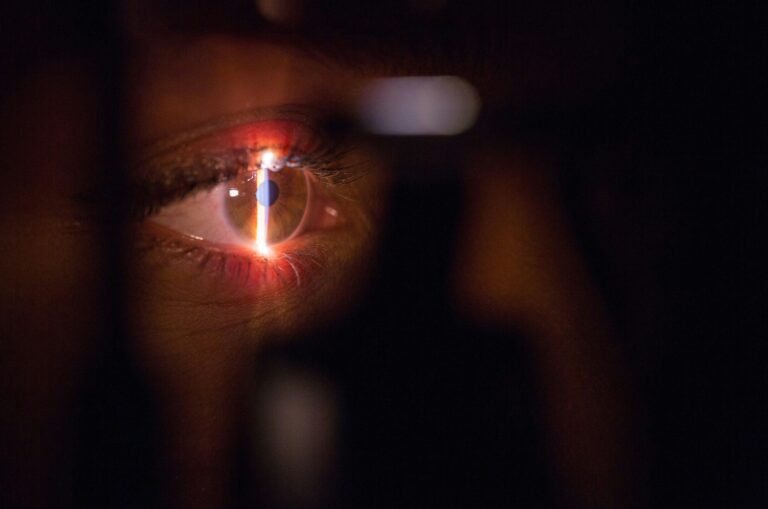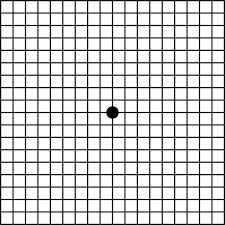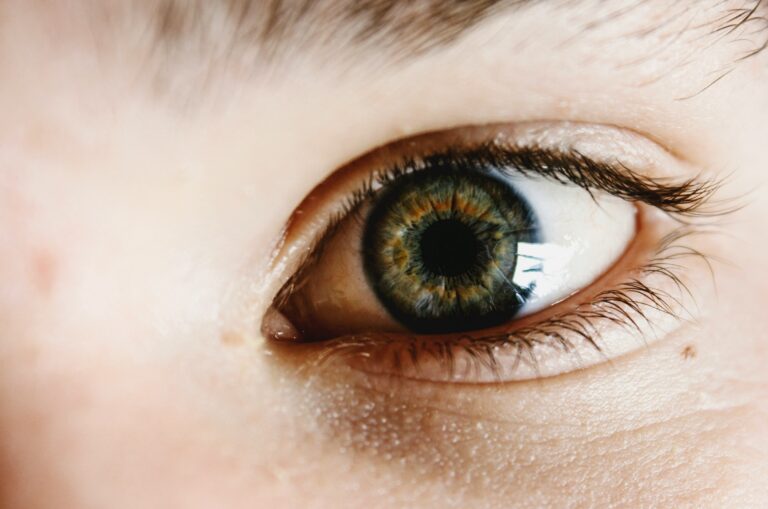What's the difference between orthoptics and optometry?
Although these two words sound similar—and are quite closely related as concepts—there are some clear differences and distinctions between orthoptics and optometry. In this article, we’ll unpack some of the details to help you understand:
- The different ways that orthoptists and optometrists help people.
- The different times and scenarios when you might visit one as opposed to the other.
- The different places that orthoptists and optometrists can work.
We’ve written this article to provide a general overview. Please contact Guide Dogs in your state if you have a specific question.
What is optometry?
Optometry is a healthcare profession. An optometrist examines, diagnoses and treats minor eye problems, and helps patients manage eye disorders and diseases.
An optometrist will use a range of tests and clinical tools to evaluate vision, identify and diagnose eye conditions, and prescribe corrective lenses—or other treatments—to support people to improve their vision. Optometrists can also sometimes provide care for patients who need eye surgery–before or after their procedure.
What is orthoptics, and how is it different to optometry?
Orthoptics is a sub-specialty of optometry. While optometry focuses on a wide range of eye disorders and diseases, an orthoptist is specifically interested in detecting, diagnosing, and treating vision issues to relieve symptoms and improve vision.
An orthoptist will work with you to determine your current level of vision and provide advice and information on how to best maximise the use of your remaining vision. This may include exploring and trialing different equipment options such as magnifiers and lamps, or teaching you new strategies that will help you achieve your goals and keep accessing information around you.
An orthoptist can work with you at home, in the community, over the phone, or via video-conferencing.
Why would someone visit an optometrist?
Some of the common reasons why someone would visit an optometrist include:
- For eye exams or ‘check ups’ to monitor both eye health and general health: optometrists can conduct regular checks to identify different vision issues, or to assess the overall health of your eyes. Some more general health issues—like diabetes and high blood pressure—can be detected by optometrists during routine eye exams.
- To access prescription glasses or contact lenses: optometrists will often prescribe contact lenses or glasses to correct vision issues like ‘near sightedness’ or ‘far sightedness’.
- To identify and treat some eye diseases, injuries or infections: if you have an issue with your vision, it could be caused by many things. Optometrists can treat minor eye problems, but will refer you to an ophthalmologist if you need diagnosis of or treatment for more serious eye conditions. An optometrist can, for example, give advice screen for conditions such as glaucoma. But in Australia they will not perform eye surgery.
- For vision therapy: some vision issues don’t require prescription glasses or contact lenses and can be corrected using therapeutic techniques and training exercises. These are usually highly personalised. If you’ll benefit from vision therapy exercises, they will be designed by an optometrist to support your specific needs.
Why would someone visit an orthoptist?
There are lots of reason why you might visit an orthoptist. It really depends on your level of vision, what you’re hoping to achieve, and the type of equipment that may work best for you.
People with low vision commonly visit an orthoptist to get help with:
- Reading books, newspapers, or magazines.
- Doing hobbies for enjoyment.
- Reading mail independently and making sure all sensitive information is private.
- Reading prices and labels in shops and supermarkets, or menus at cafes and restaurants.
- Reading medications and identifying different ingredients in food products.
- Watching TV or movies more comfortably.
- Reading street signs and public transport indicator boards.
- Many tasks related to study or employment.
Where does an optometrist work?
Many people will know optometrists from their work in common retail settings, like optical shops and commercial department stores.
However, there are many other places you will find optometrists, including hospitals and eye-care clinics, aged-care homes, community centres, and in research facilities.
Where does an orthoptist work?
Orthoptists usually work in specialist eye clinics and hospitals.
In these settings, they will commonly work in partnership with other healthcare professionals like neurologists, ophthalmologists, and more.
But orthoptists also work within organisations like Guide Dogs.
Our Orthoptists can help you to understand the amount of residual vision you can use in your daily life and then suggest strategies and equipment to support your goals.
You might also like
Ready to continue?
Seems like you have filled this form earlier. Let’s pick up where you left off.




